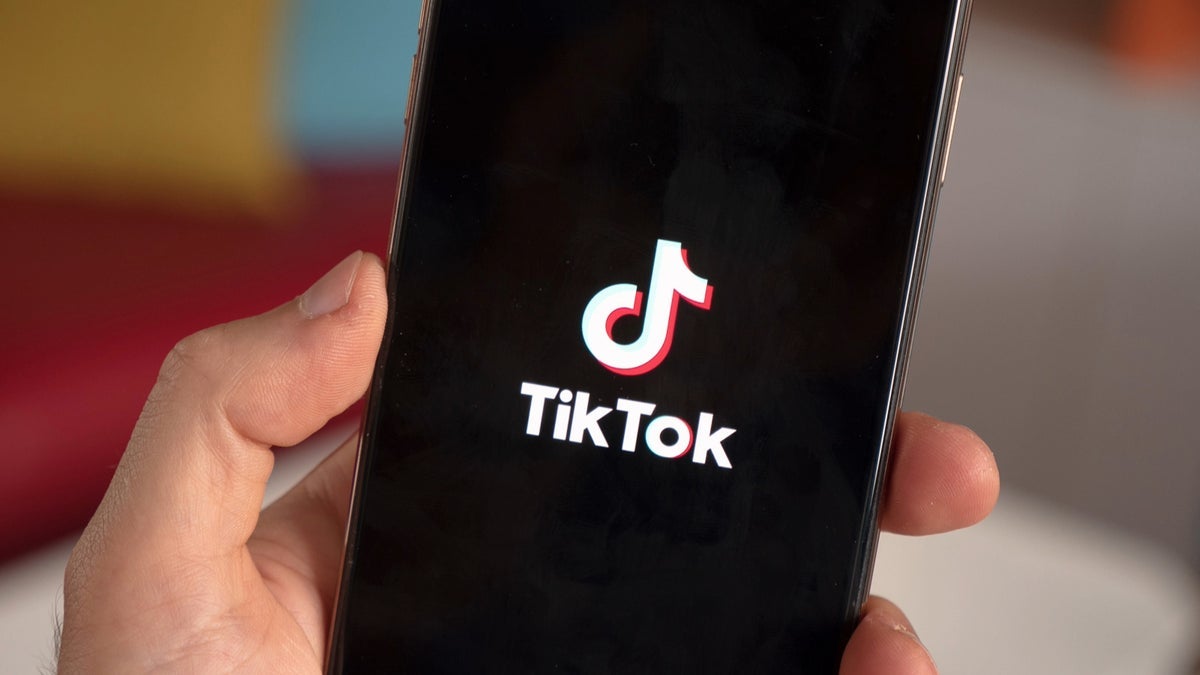As Algerians head to the polls to cast their votes in a presidential election, analysts say they do not expect any major changes.
The 15 candidates who confirm they will run against incumbent President Abdelmadjid Tebboune, 78, will only get 600 support positions needed for elected officials, or 50,000 public positions across the country.
Abdelali Hassani Cherif belongs to the moderate Islamist party, the Movement for a Peaceful Society, and Youssef Aouchiche belongs to the Socialist Forces Front, from the centre-left.
It is not surprising that the candidacy of either Hassani or Aousheish would greatly upset the current president, said Intisar Faqir, a senior fellow at the Middle East Institute.
little chance to move
“If we look at the programmes, none of them offer anything significantly different,” she said, highlighting that none of the candidates’ proposals deviate significantly from current government policy.
It is difficult to answer that Algeria has had a good run under Tebboune’s presidency. The mass agitation that seized power ended up being suppressed, not by government measures, but by the Covid-19 pandemic.
Energy prices, Algeria’s main export product, which have been low since 2014, will recover significantly in 2022 as Europe, its main customer, struggles to diversify fuel sources after Russia’s invasion of Ukraine.
With energy exports renewed due to the influx of foreign currency, and potential measures to cut the country's generous subsidy system avoided, Providing health, housing, social benefits and energy.

Oh cliff stay
However, although winning the polls seems assured, there is still a certain level of risk for the president.
“In 2019 (the year Tebboune was elected), turnout was very low, with barely a (small) percentage of those who voted incorrectly. It’s not a proper mandate,” said Riccardo Fabiani, Crisis Group’s North Africa project director, of the general measure of support for the president during the previous vote.
“This year, before the vote in September (from Decembro, to the original date), Tebboune is making it difficult for the opposition to campaign… during the remaining months of the summer, as well as avoiding any challenge from a faction within Tebboune’s two main supporters. “Or the army,” Fabiani continued, referring to the partisanship and politics that can be found in any large organization.
“I don’t want to say that any competitor can threaten your victory, but he can undermine your mandate.”


Avoid another move
The military's support has proven crucial for a presidency born during the largest period of civil unrest Algeria has seen since the country's civil war in the 1990s.
In 2019, widespread national unrest – or Hirak – erupted across the country after it was announced that President Abdelaziz Bouteflika, in his 80s and in Rhodes, would seek a fifth term in office after nearly 20 years in power.
After weeks of turmoil in which the future of the regime seemed in doubt, Bouteflika finally retired.
However, after the protests gained momentum and forced entry into places normally under tight control by security services, the protests will continue.
For two weeks and two years in a row, a large number of people have taken to the streets to demand democratic accountability in Algeria and an end to the government that Algerians call Le Pouvoir (Oh Power) – the confused shadow government surrounding the presidency, made up of members of the volatile alliances of the military, unions, industries and security services.
Numbers and preconceptions within power shift as individual actors compete for influence. Yet under Tebboune’s presidency, the military has consistently been dominant, Fabiani said.


Concerns about abuse of rights
Tebboune's political leadership has been clear in its absolute refusal to allow the renewal of internal divisions that are a result of the movement.
“The next term will be about continuity and success,” said Algerian analyst and former political prisoner Raouf Farah.
“For this reason, everything will continue as usual, and at the same time we will ensure that nothing like the movement happens again,” he said.
The conclusion of the movement in 2021 led to the imprisonment of masses of people who we consider to be involved, directly or indirectly, and we are protesting.
M July of this year, Amnesty International He condemned the Algerian authorities' five-year-old attacks on dissenting voices “such as protesters, workers or people expressing their opinions on social networks.”
In June, about 220 people were arrested for participating in the movement, including Farah; he was released in October 2023 after serving his sentence – Human rights groups responded. On charges of publishing classified documents and receiving money from a foreign government.



